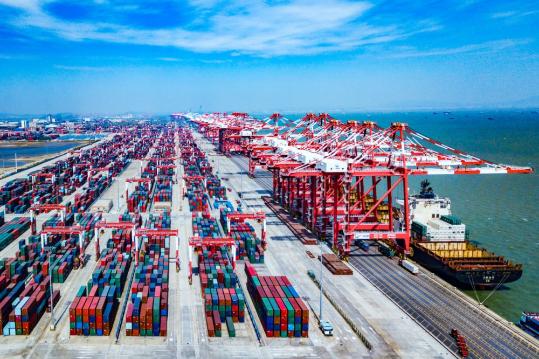
China has responded to United States' "reciprocal tariffs" by raising its additional tariffs on U.S. goods from 84 percent to 125 percent, effective Saturday
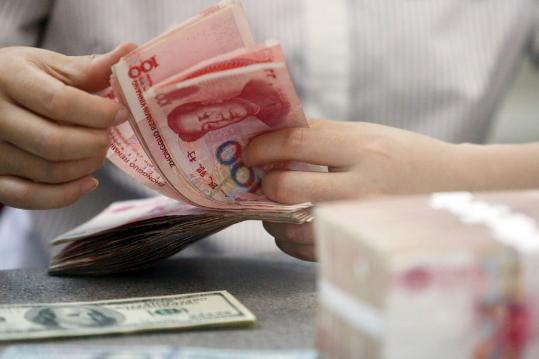
China's financial sector should establish a full-spectrum service system that interconnects equity investment, loans, bonds and insurance, to provide a solid underpinning for the development of the artificial intelligence industry, experts said.
China said it would not accept "maximum pressure" from the United States and will stick to the end if the U.S. insists on engaging in a "tariff war" amid escalating tariffs the U.S. has imposed on goods from China.
China's Commerce Minister Wang Wentao on Thursday met with Saudi Minister of Commerce Majid bin Abdullah Al-Qasabi and G20 Presidency holder, South Africa's Minister of Trade, Industry, and Competition Parks Tau separately through video calls.
China made firm retaliation on Thursday, the second day of the first annual meeting of the Council for Trade in Goods of the WTO, as the U.S. added the topic of "reciprocal tariffs" under "other matters" to promote its robber logic of the so-called "reciprocal tariffs".
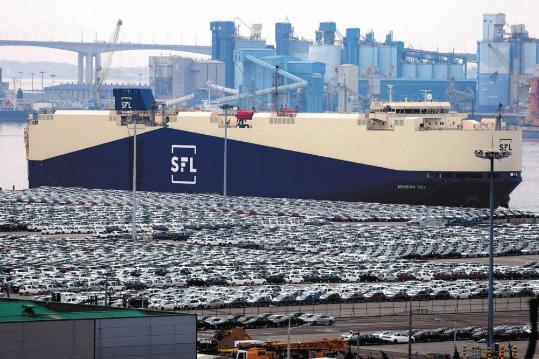
Experts say China, Japan and South Korea must unite through deeper cooperation and conclude a free trade agreement, or FTA, as soon as possible to promote regional stability and prosperity.
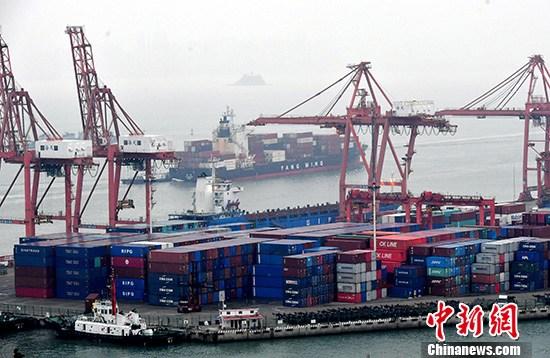
U.S. President Donald Trump signed the executive order on Wednesday, which is reportedly aimed at reviving U.S. shipbuilding and reducing China's presence in the global shipping industry.

China may soon launch a comprehensive set of additional macroeconomic measures to cushion a potentially substantial demand shock due to the United States' tariff hikes.
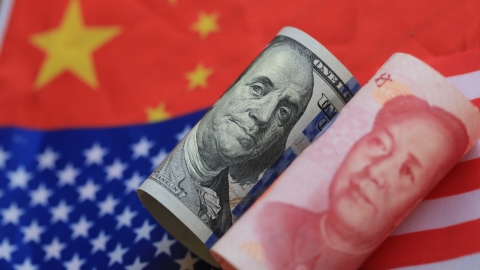
China has urged the United States to cancel its unilateral tariffs as quickly as possible, and get back on track to properly address differences through equal dialogue.

In recent days, the U.S. government has sparked a global outcry by imposing so-called "reciprocal tariffs” on its trading partners, including China. In an exclusive interview with China News Network, Joseph Gregory Mahoney, professor of politics and international relations at East China Normal University, warned that tariffs are a short-term tactic that rarely led to sustainable outcomes.

China has discovered a new mineral type, high-purity quartz, primarily used in high-tech industries including semiconductors and photovoltaics, according to the Ministry of Natural Resources of China on Thursday.

U.S. tariffs levied on Chinese imports will have a significant impact on European companies exporting from China to the U.S., compelling many to reevaluate their business models and restructure their supply chain strategies.

The Bash and Zankeldi Wind Power Project in Uzbekistan, co-developed by China Southern Power Grid, was put into operation earlier this month, becoming the largest wind power project in Central Asia, according to the company.
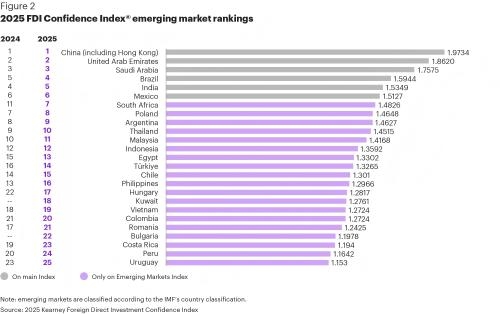
(ECNS) -- China has ranked among the top ten for four consecutive years and held the top position in emerging markets for three years in a row, according to the 2025 Kearney FDI Confidence Index published on Wednesday.

Concerning the hefty tariffs initiated by the Trump administration, a Chinese expert believes they would not endanger the overall situation of China's economic development, adding that it is fully prepared for such a situation.

The Trump administration's continued push for higher global tariffs has provoked widespread concern, sparking protests at home and criticism from global partners.
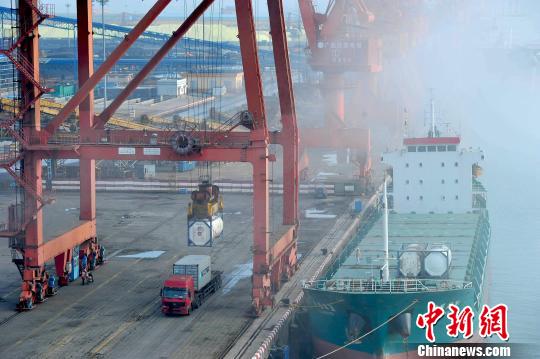
Chinese Commerce Minister Wang Wentao met with representatives of EU and Malaysia - the rotating chair of ASEAN - via video, respectively.
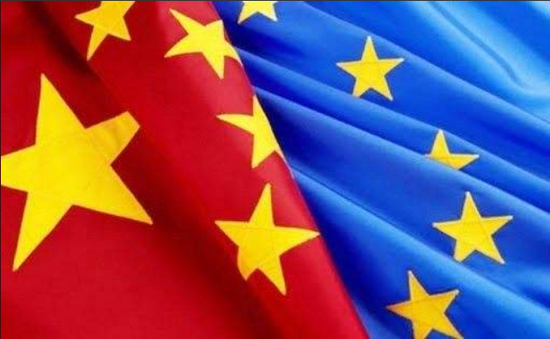
The joint efforts of China and the European Union to uphold a rules-based multilateral trading system and promote trade liberalization will enhance the stability and certainty of global trade and the world economy.

The United States on Tuesday raised the total tariff on Chinese imports to more than 120 percent, which will have a widespread impact on trade between the world's two largest economies, according to experts and politicians.
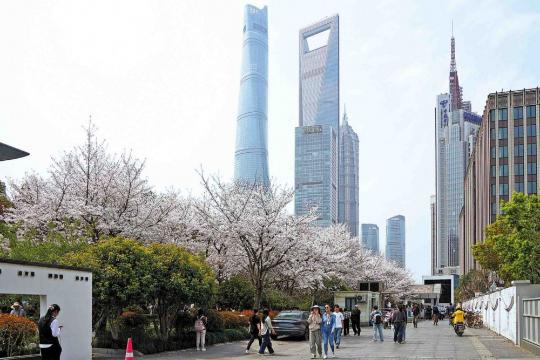
As China's first local regulation specially promulgated for FT account businesses, the new provisions were passed on March 27, two months after it started to solicit public opinion, and will take effect on May 1.
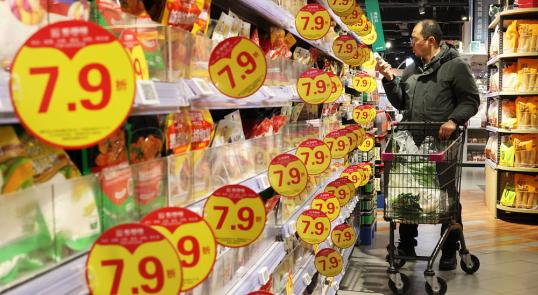
China's consumer price index, the main gauge of inflation, edged down 0.1 percent in March on a yearly basis, data from the National Bureau of Statistics showed on Thursday.

China officially launched the nationwide rollout of a new tax refund policy for foreign tourists. According to the State Taxation Administration (STA), the reform replaces the traditional "refund-upon-departure" model with a more streamlined a "refund-upon-purchase" mechanism.
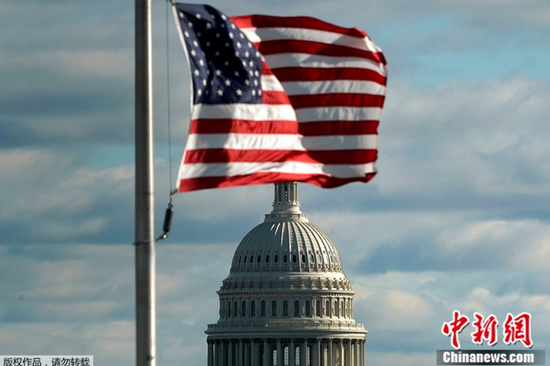
U.S. President Donald Trump said he was pausing his new tariffs for 90 days except on China, which he announced he will raise to 125 percent.
Higher U.S. tariffs are expected to weigh on developing economies in Asia-Pacific, according to economists from the Asian Development Bank.

China said on Wednesday that specific commercial arrangements must comply with Chinese laws, including technology exports, which must be approved by the Chinese government in accordance with the law, said the Ministry of Commerce in an online statement.

China's consumer price index (CPI), a key measure of inflation, dropped by 0.1 percent year-on-year in March, according to data released by the National Bureau of Statistics (NBS) on Thursday.
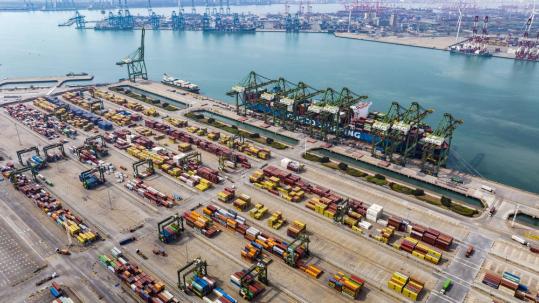
China will raise additional tariffs on all goods imported from the United States to 84 percent, starting at 12:01 am on Thursday, and has added 18 U.S. entities to its export control and unreliable entity lists in order to counter the U.S.' unilateral tariff hikes.

China has called on the United States to remove unilateral tariffs as quickly as possible and work with it in the spirit of mutual respect, peaceful coexistence and win-win cooperation.

China has made full preparations to address various uncertainties in the face of the pressure that external shocks may exert on the country's economic stability, Premier Li Qiang said on Wednesday.
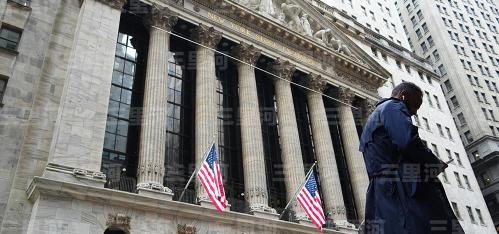
Shortly after markets opened on Monday, all three major U.S. stock indexes extended their previous downward trend, each dropping more than 3 percent. Then, a sudden report claiming that the U.S. would delay tariff implementation by 90 days triggered a sharp market rebound. However, the news was short-lived as the White House soon dismissed the report as fake news, causing another drop in stock.
 京公網安備 11010202009201號] [京ICP備05004340號-1]
京公網安備 11010202009201號] [京ICP備05004340號-1]